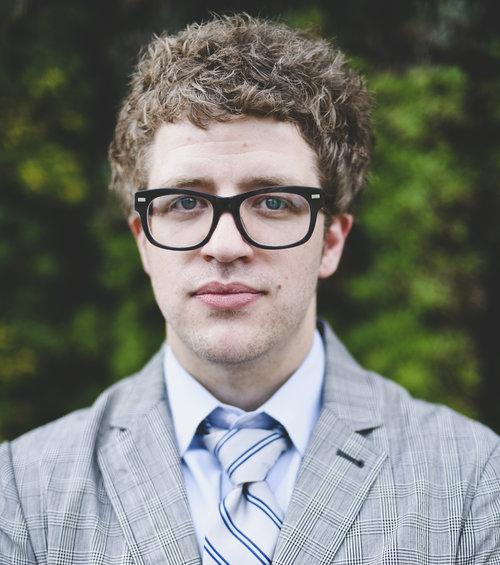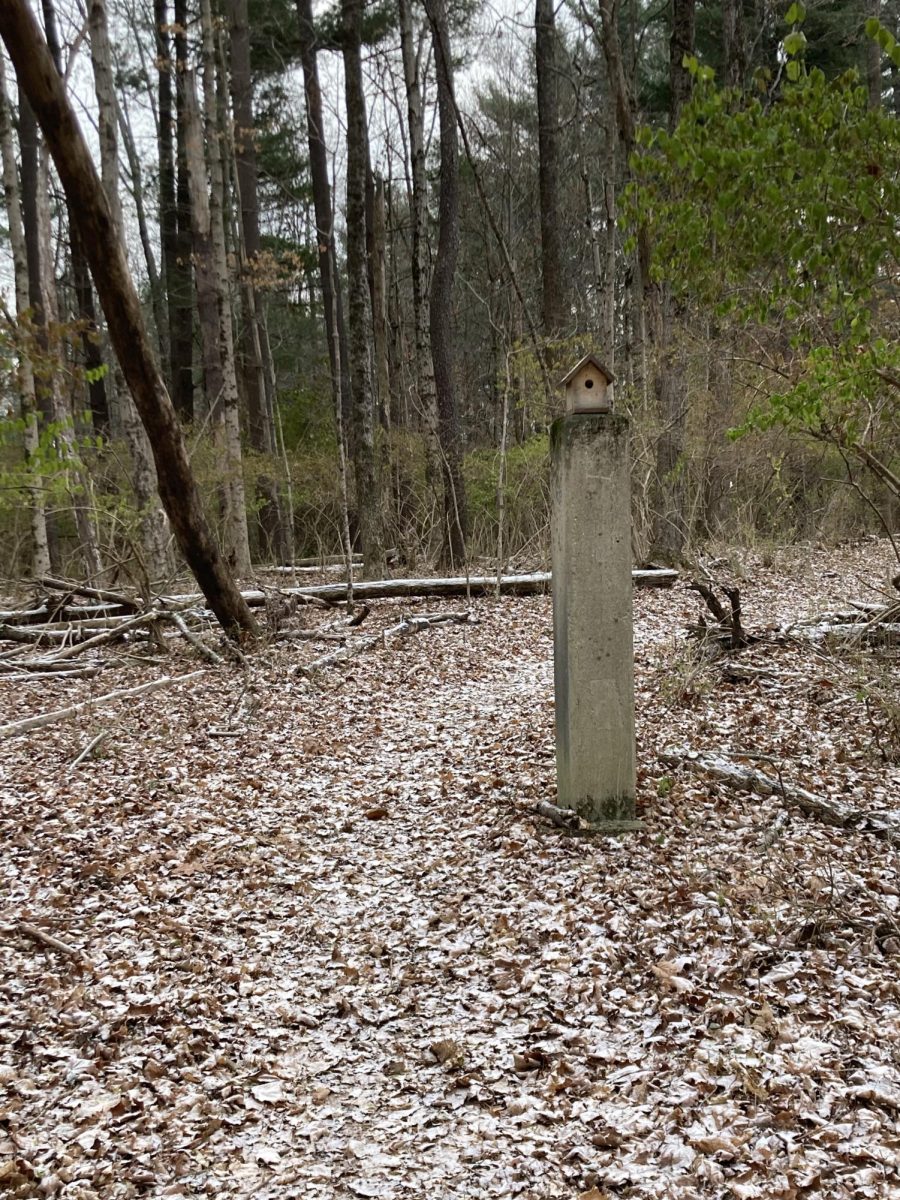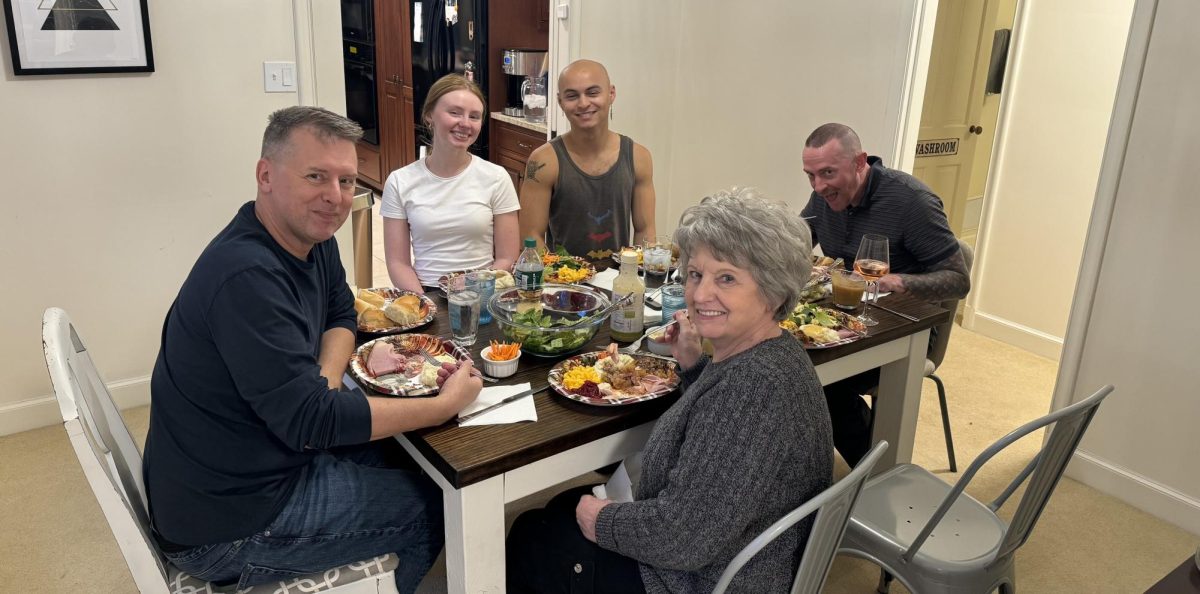This is the final installment of “Poetry for People Who Hate Poetry.”
In my first column, I wrote: “I don’t want to convince you that you should love poetry. I want to convince you that you already do.”
I still do.
Because poetry is more than poems. Poetry is our experience of language as an aesthetic phenomenon. It is the pleasure we find and the meaning we make in words. A way of making sense of the world.
I believe poetry is all of the above.
But if it were only the above, we might find it merely fascinating. Thankfully, poetry remains more mysterious and necessary than anything we say about it.
As poetry was necessary for my friend, those years ago, in the midst of the worst despair of her life. Almost past hope, she read Leaves of Grass and found in Walt Whitman’s sprawling celebration of himself a confirmation of her own worth.
Or for my student, who toward the end of her mother’s illness slept surrounded by books of poems. Just to keep those talismans close provided some small but essential company.
As poetry is necessary for me. As it was when I returned to “Hamlet” a decade ago and read it for what seemed the first time.
I had studied the play in high school, straining after symbols and motifs. In graduate school, I lingered over Shakespeare’s wordplay and the play within the play.
But I had not needed “Hamlet” then.
I had found the sad prince grieving his father no more compelling than any other character—until I found myself grieving my own father. And in need, as much as anything, of words.
How I longed, as Hamlet longs, to see my father once more. And when I did see him again, in dreams, I might have cried, “Stay, illusion!” as Horatio calls to the ghost who disappears at dawn.
So many words of comfort, however well intended, felt “weary, stale, flat, and unprofitable.” My grief could not be reasoned away, as Claudius tries to reason with Hamlet: “But, you must know, your father lost a father; / That father lost, lost his,” and that to grieve too long is “a fault to nature,”
whose common theme
Is death of fathers, and who still hath cried,
From the first corse till he that died to-day,
‘This must be so.’
The grieving wonder how the world can go on around them. We know, as Gertrude reminds Hamlet, that our grief “’tis common.” Yet this grief is ours, and nothing anyone says will shake our feeling that “the time is out of joint.”
“Heaven and earth! / Must I remember?” Hamlet asks. Of course he must—we must—because in grief the only thing more awful than to remember is to forget.
So the moment comes for Hamlet when “to be or not to be” becomes more than a matter of the academic philosophy he and Horatio have studied at Wittenberg, but a lived question, visceral and existential.
Years later, I read Czesław Miłosz’s letter to Thomas Merton in which he writes that “the only subject for a philosopher and for a poet is the verb ‘to be.’” Not just “to be or not to be,” but how to be when we know that eventually Hamlet’s question is answered for all of us.
Sooner or later we all look into that dark in which we ask what our lives are for.
Neither Hamlet the prince nor Hamlet the play could answer. But his was a hand that reached across four hundred years to find mine in the dark.
Just a play—Words, words, words, as Hamlet says—but necessary. I needed the illusion of personal encounter, the mystery of human exchange we find in poetry.
We ourselves are the mystery. Like those depths of the sea the sunlight does not touch, there are places in human experience where words cannot go.
All the arts try to address our human mystery, but only poetry so intensely engages the very language the mystery defies.
So we try to say the unsayable, only to find that often someone has already said it. The words are there—shelved in the library stacks, sealed in the wax of a record— waiting for us to find them.
“Hamlet” waited centuries for me to find it. It will wait for others, as long as there are others to wait for.
“You think your pain and your heartbreak are unprecedented in the history of the world,” James Baldwin said, “but then you read. It was Dostoevsky and Dickens who taught me that the things that tormented me most were the very things that connected me with all the people who were alive, or who ever had been alive.”
We know more of them than they know of us. But they know us better than we ever can know ourselves. As Dostoevsky and Dickens knew Baldwin, as Whitman knew my friend, enough to say
Closer yet I approach you,
What thought you have of me now, I had as much of you — I laid in my stores
in advance,
I consider’d long and seriously of you before you were born.
Who knows, for all the distance, but I am as good as looking at you now, for all
you cannot see me?
They know us, as Sappho and Bashō, Baldwin and Bun B, the Yahwist and Anonymous, and all those to come know us.
I don’t want to convince you that you should love poetry. I want to convince you that poetry belongs to you just as much as it belongs to any of us.
I want to convince you that when you need poetry, it will be waiting to be read and heard anew.
We falter and lose faith. We get lost; we forget. No matter. Poetry says to us, wherever and whoever we are,
Failing to fetch me at first keep encouraged,
Missing me one place search another,
I stop somewhere waiting for you.
Dave Lucas is the author of Weather (VQR/Georgia, 2011), which received the 2012
Ohioana Book Award in Poetry. In 2018 he was appointed the second Poet Laureate of
the State of Ohio. He lives in Cleveland. His columns have appeared monthly in the Oxford Observer.




